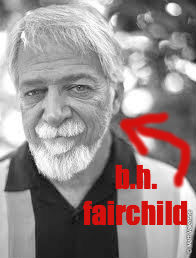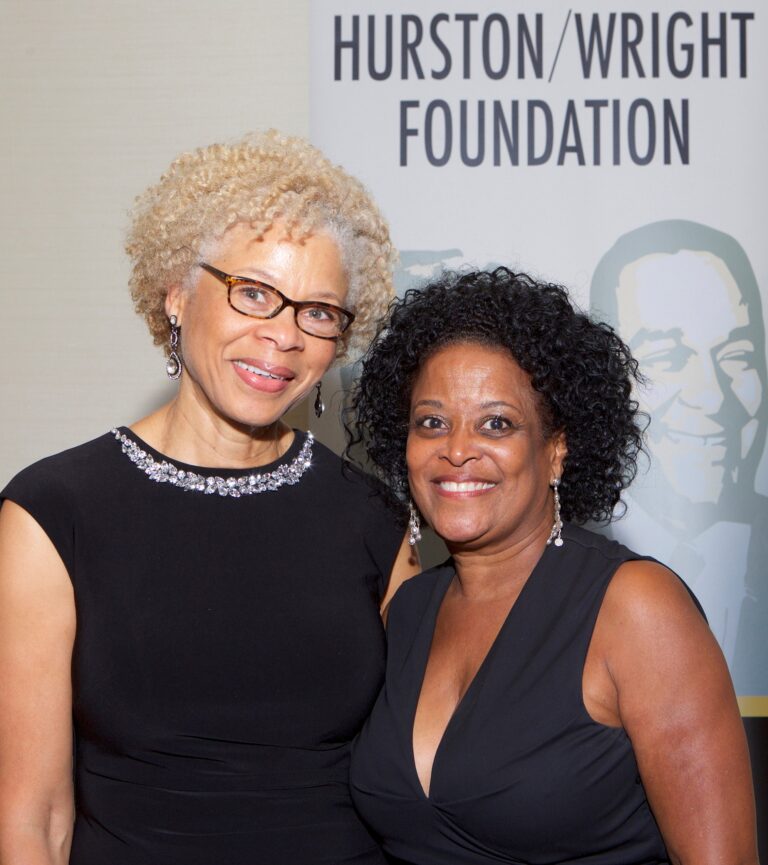Self-Help Seduction
There are certain books we all hide. You know them. The ones purchased late at night when no one we know is in the bookstore. Or better yet, ordered from Amazon for further anonymity. These are books we don’t want anyone to know we read, certainly not our literary pals.
These, readers, are the self-help books.
“Anyone wanting to damage their intellectual credentials,” writes Swiss/British philosopher/writer Alain de Botton, “… need only do one simple thing: confess they read self-help books. There’s no more ridiculed genre in the literary canon…”
Despite that, some of us do read them, because our lives or selves are, from time to time, a mess. Desperate, we suffer through the cheesy titles and chapter headings, and the demeaningly simple prose, all because we want what we believe these books have to offer us: change. Or at least a chance at it.
Self-help books haven’t always been this way. When Tasso Vance Orr published Applied Mental Efficiency in 1913, the self-help genre was neither a billion dollar industry nor widely ridiculed. For a mere $1.50, those eager to improve themselves personally and professionally could buy Applied Mental Efficiency without any cultural baggage, and choose from 48 easy-to-read chapters ranging from Card Indexing the Mind to The Purchasing Power of a Smile to The Art of Asking Questions.
Need more time in your life? Many a man lives his whole life using an hour for the thing which could be done and perhaps better, in fifteen minutes…. By dividing one hour into four parts and making each part take care of the work for which an hour’s time was formerly required, you can save three hours out of four.
Keep forgetting your mom’s birthday? To remember birthdays or anniversaries, set all of them down in chronological order and thus memorize them, taking note of the time elapsing between each date and the one following. You will find a yearly calendar very helpful in this.
Feel stuck in your political career? An investigation shows that one of the greatest cases of success in that field is personal popularity. Now a man does not simply happen to be popular. It is an effect which has definite causes, just as typhoid fever and religious fanaticism have…. It is on such little things as remembering the name and age of Bob Smith’s baby; concurring in John Brown’s views on matrimonial legislation… and remembering that Col. Jackson fought at Bull Run, that personal popularity waxes and grows fat.
Orr’s work is among some of the more intelligently penned self help books I’ve read—not that, you know, I read a lot them. Of course, the standard for self-help writing these days isn’t that high; in 2011, a gentleman wrote to The Paris Review looking for a literary self-help book, and Loren Stein mentioned only two. (Writers, do you see the opportunity here?)
Then there’s Alain de Botton’s How Proust Can Change Your Life, which the New York Times Book Review called “a self-help manual for the intelligent person… witty, funny and tonic.” I didn’t know that when I bought it, recently—my decision was based solely on the title’s last three words and my obsession with de Botton on Twitter.
But I see what the Times meant—de Botton employs the trust-the-reader aspects of good writing, using excerpts from Proust’s work and a few of his own ideas to explore the nature of things like love, self-awareness and relationships. When I finished reading, I actually felt smarter. I didn’t have to go read Moby Dick just to cleanse myself from the experience.
Unfortunately, de Botton will not be writing all the self help books we may find ourselves needing in the future. And until someone else from the literary world takes up the genre, we’ll just have to make do. But we can follow David Foster Wallace’s lead, who apparently found ideas he needed within a few books from this category. We can use the ideas—not the prose—to remedy our own souls, or even our own writing.
“Words,” writes Orr in Applied Mental Efficiency, “are among the sharpest and strongest and surest weapons which you control in the Battle of Life… Take the Anglo-Saxon sledge hammer words and by hard, sharp blows, drive home the wedge of your truth.”
Truth, you know, doesn’t always have to be eloquent. “I” and “love” and “you” are three of the plainest words around. And yet.


